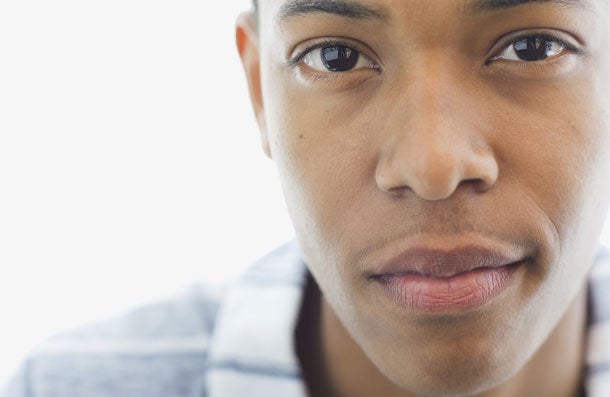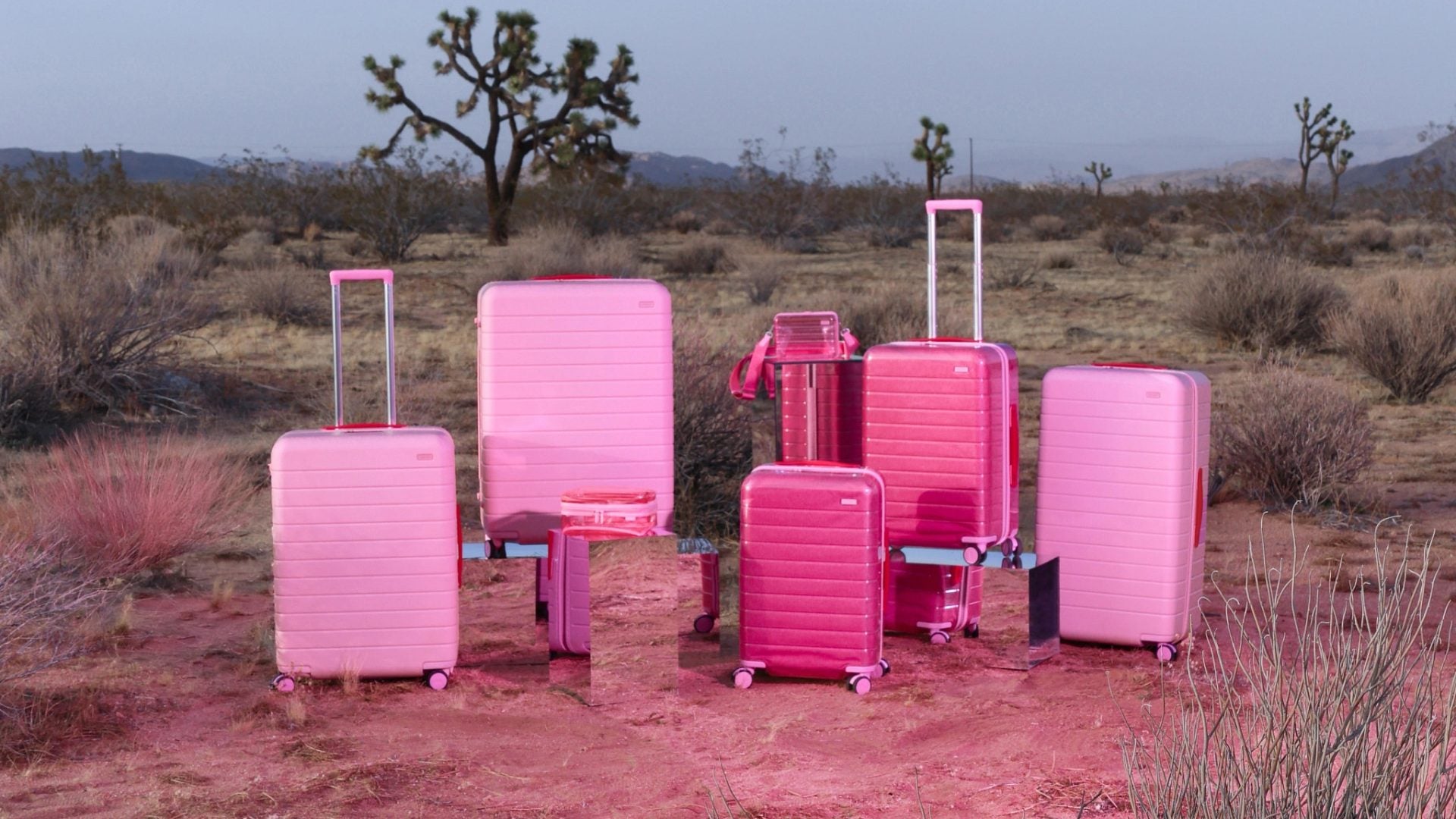
In the wake of the Mike Brown shooting in Ferguson, Mo., as well as the chokehold death of Eric Garner in New York, and the others killed by police in questionable circumstances, the question is “What do we tell our children about interacting with the police?” It’s not about assigning blame on the victims’ actions. It’s about arming our young people with knowledge that could help save them in the future.
Pull right over. If your child is driving a car, and sees police lights in the rearview mirror, he or she should pull over immediately. If it is not safe to pull over immediately, slow your speed and signal that you are pulling over. Failure to pull over puts police officers on high alert that there may be a problem (even if there isn’t one). Think about it from a police officer’s perspective. Why wouldn’t you stop? Do you have an open warrant? Do you have guns or drugs in the car? Based on their occupation, police officers are trained to assume the worst in every situation.
For young women driving alone at night, one way to stay safe is to call 911 on your cell phone. Indicate to the dispatcher where you are currently located, that you are being stopped, and that you will be pulling over in the first well-lit area. Ask the dispatcher to inform the officer of this. Stay on the phone until you pull over. All 911 calls are recorded; this is one way to assure that you are being pulled over by an actual police officer, as well as to have a record of the encounter.
Turn on the interior lights in the car. When you pull over, turn on the lights in the car, roll down the windows, and keep your hands visible. This serves as another way to show that you have nothing to hide, and de-escalate the tension that comes with any stop. Do not make any sudden movements. If you need to go to the glove box, tell the officer in advance. The show of transparency will place the officer more at ease, and will make it less likely for the situation to get out of hand.
Be respectful (and tell your passengers the same!). An African American police major I know tells the story of his wife, who would always argue with the police every time she is pulled over. After things get really ugly, she would tell then tell the officers “Well my man is a major in the police department”. She then would be angry when she receives a ticket anyway. Her husband shakes his head and tells her “well, how do you expect things to go, you have a bad attitude!”
When you get pulled over, that is not the time to show your knowledge of criminal law and civil rights. It is not the time to get into a screaming match with the officer. Stay calm, comply with the officer’s requests, get it over with, and if there is an issue, take it up through the legal system later.
Don’t run. First, it makes you look guilty. Yes, it is your constitutional right to be able to walk away if you are not being officially detained. But practically speaking, it is not the best idea. Also, depending on the situation, it could be a crime. Lastly, if you run, the consequences will be MUCH worse if you get caught.
At the end of the day, the officer could be dead wrong. At the time you are stopped by police, you do NOT have the power in that situation. Your power comes AFTER the situation is over. Take the name/badge number of the officer and the police department; document the date, time, and location of the encounter. This can be done discretely by looking at the badge/name tag, as well as the side of the police car if it is a marked vehicle. If you feel you were wrongfully stopped, report what happened to the Internal Affairs Division of the department involved. As we have seen in recent cases, the Department of Justice has the power to launch investigations as well as prosecute officers if there are systemic violations of civil rights by a police department.
If you are alive, your report can shine a spotlight on wrongdoings (if any) occurring in your community. But if you fight and argue, you could get arrested or worse. If you are gone, it is up to others to figure out what happened…which may result in the full story never being told.
The reality is this. We, as a society, have given power to police to keep us safe. We have agreed to some intrusions for the greater good of taking evil people off the streets. The majority of officers do not wake up in the morning and say “Hmmm, who am I going to harass today?” But unfortunately, there are officers who do not follow the rules; the only way to expose them is to be in the right when you are being stopped.
The goal here is to prevent an unnecessary escalation of a police encounter. If we tell our children (and follow) some simple rules, hopefully senseless deaths will be reduced, while shining a spotlight on bad officers who behave in a wrongful manner.
Melba Pearson is an attorney, writer, speaker, wife and Resident Legal Diva. Follow her on Twitter @ResLegalDiva.
She is also the newly elected President of the National Black Prosecutors Association, whose mission is to promote the hiring, training, and retention of African-Americans in the field of criminal prosecution. Please see more at BlackProsecutors.org.




